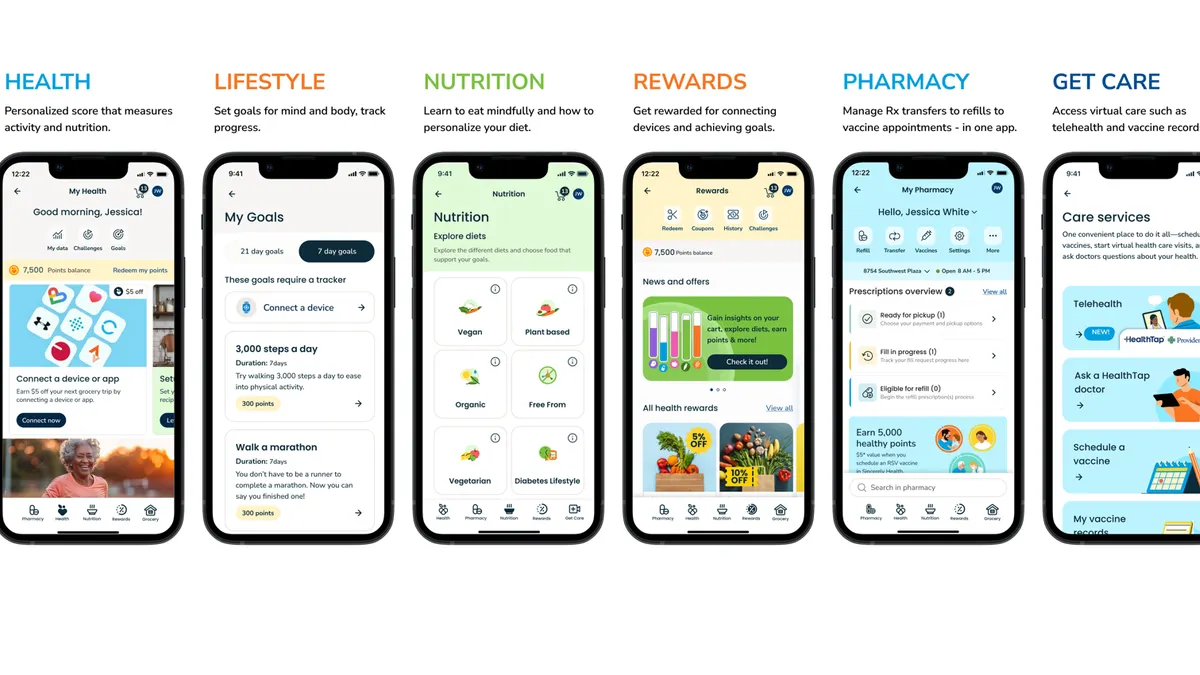Beyond the Buzz: How Westbury, Johannesburg Shows Smart Cities Truly Start with the People

The term “smart city” often conjures images of gleaming skyscrapers, interconnected sensors, and cutting-edge technology. But what if the true foundation of a smart city isn’t the technology itself, but the people who live within it? The experience of Westbury, a township in Johannesburg, South Africa, offers a powerful lesson: smart city initiatives must prioritize community needs and empower residents, or risk failing to deliver meaningful change.
Westbury, like many urban areas in South Africa, faces significant challenges – poverty, crime, and limited access to essential services. Early attempts to introduce technology-driven solutions, such as surveillance cameras, yielded limited success. Residents felt disconnected from these initiatives, viewing them as imposed solutions rather than collaborative efforts. This highlighted a crucial misunderstanding: technology, however advanced, is merely a tool; it’s the human element that determines its effectiveness.
The turning point came when community leaders and local government shifted their focus. Instead of simply deploying technology, they began engaging directly with residents to understand their specific struggles and aspirations. This participatory approach revealed that the community’s primary concerns revolved around safety, job opportunities, and improved access to basic amenities. What followed was a series of grassroots initiatives driven by these insights.
One notable example is the “Westbury Improvement Project,” a community-led effort that leverages technology in a way that genuinely benefits residents. This project utilizes a combination of mobile apps, social media platforms, and local radio to disseminate information about safety alerts, community events, and job opportunities. Crucially, the app is designed by the community, for the community, ensuring it addresses their specific needs and preferences. Furthermore, the project incorporates a citizen reporting system, allowing residents to directly alert authorities to issues like potholes or broken streetlights, fostering a sense of ownership and accountability.
The success of Westbury’s approach hinges on several key principles:
- Community Ownership: Residents are actively involved in the planning, implementation, and evaluation of smart city initiatives.
- Needs-Based Solutions: Technology is deployed to address specific, identified community challenges.
- Local Capacity Building: Training and resources are provided to equip residents with the skills to utilize and maintain the technology.
- Transparency and Accountability: Data collected through technology is used responsibly and shared with the community.
Westbury's story serves as a vital reminder that smart cities aren’t about flashy gadgets or complex algorithms. They're about creating more livable, equitable, and resilient communities. By prioritizing people, fostering collaboration, and ensuring technology serves as an enabler rather than a replacement for human interaction, we can build truly smart cities that benefit everyone. The lesson resonates far beyond Westbury, offering a blueprint for urban development around the world: start with the people, and the technology will follow.






